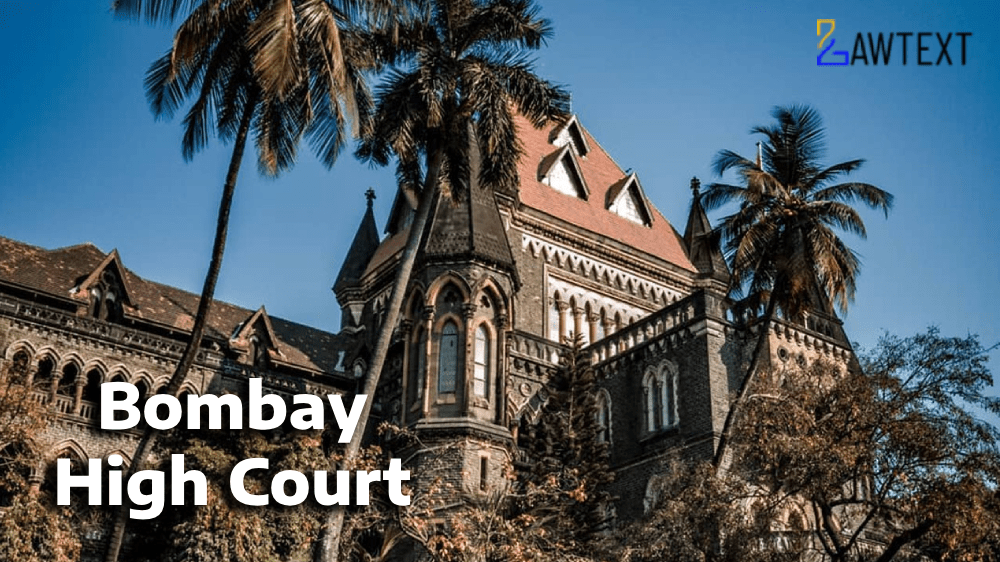Case Note & Summary
The Bombay High Court dismissed a Public Interest Litigation (PIL) challenging a transfer order dated March 23, 2021, issued by the Mumbai Police Commissionerate. The petitioner argued that the transfer order violated Section 22N of the Maharashtra Police Act, 1951, which governs the tenure of police officers. The court, however, found that the transfer order was not in violation of the Act and upheld the administrative authority's power to make transfers in public interest and for administrative exigencies.
Petitioner's Argument:
The PIL was filed against an office order dated March 23, 2021, transferring police officers within the Mumbai Police Commissionerate. The petitioner argued that this order violated Section 22N of the Maharashtra Police Act, 1951, which mandates a normal tenure of eight years for police officers in the Mumbai Commissionerate. The petitioner claimed that officers who had completed their tenure were not transferred outside Mumbai Commissionerate as required under the law.Respondent's Argument:
The learned APP opposed the petition, stating that the transfer order was passed for administrative reasons and in the public interest. It was argued that the transfer did not violate any provisions of Section 22N and was a legitimate exercise of authority.Court's Analysis:
The court noted that Section 22N of the Maharashtra Police Act provides protection to police officers from frequent transfers, but it does not mandate that transfers must occur after the completion of the normal tenure. The court emphasized that transfers are a part of service and can be made for administrative needs, provided the officers' rights under Section 22N are respected. The court rejected the petitioner’s reliance on the term "shall" in Section 22N(1)(d), stating that it only implies the need to ensure the officers’ normal tenure but does not make post-tenure transfers compulsory. The court also dismissed the petitioner's argument regarding "General Transfer" under Section 2(6A), stating that it only differentiates between general and mid-term transfers.Conclusion:
The court found no merit in the PIL and dismissed the petition. Rule discharged with no cost implications. Acts and Sections Discussed: Maharashtra Police Act, 1951: Section 22N(1)(d): Mandates a normal tenure for police officers, specifying six years in Commissionerates other than Mumbai and eight years within Mumbai Commissionerate. Section 22N(2): Provides for mid-term transfers in exceptional circumstances like public interest or administrative exigencies. Section 2(6A): Defines "General Transfer" as the routine transfer of police personnel after completion of normal tenure. Section 2(6B): Defines "Mid-term Transfer" as a transfer occurring outside the regular transfer cycle due to specific reasons. Ratio Decidendi:The Bombay High Court ruled that the provisions of Section 22N of the Maharashtra Police Act aim to protect police personnel from frequent transfers but do not make it mandatory to transfer officers after the completion of their tenure. Transfers, being an administrative function, are subject to the discretion of the competent authority as long as the officers' rights are not violated. Thus, the impugned transfer order was upheld as lawful.
Issue of Consideration: Ankur Prabhakar Patil Versus The State of Maharashtra & Ors.
Premium Content
The Issue of Consideration is only available to subscribed members.
Subscribe Now to access critical case issues







